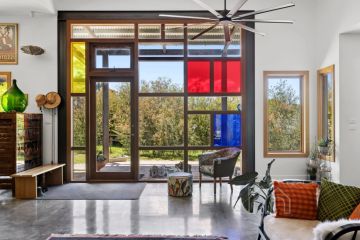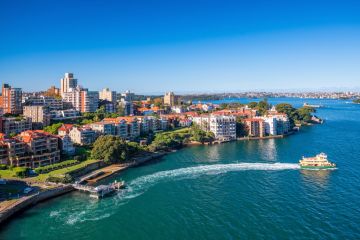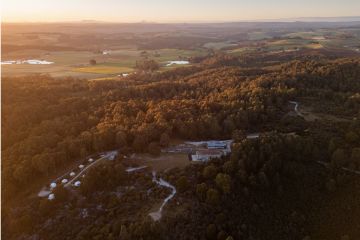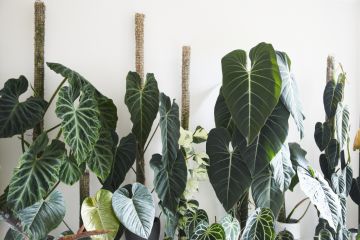'It's Game of Thrones stuff': The off-the-grid home between the mountains and sea
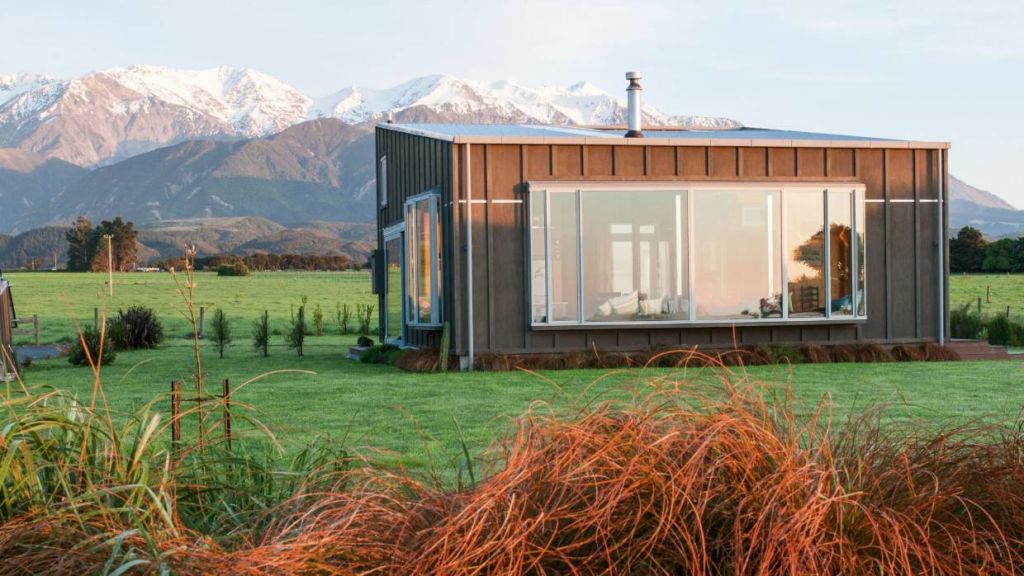
Mark Browne went to great lengths to avoid building a house on the land he loved. It was as if he didn’t want to scar the spectacular strip between the mountains and sea just north of Kaikōura.
For nearly a decade, he drove the coast road north from Christchurch and camped, first with a caravan, then in a tepee and later a canvas yurt. The yurt was romantic and had possibilities of permanence, but it kept blowing down so he returned to his caravan. “At that point I realised I had gone full circle,” says Browne. “I thought, ‘Crikey… I’m 56 and I don’t own a house. It’s time to treat myself to some comfortable quarters.'”
Browne contacted Nott Architects because he liked their work, and Trevor Wilson was given the brief. “My brief was really brief. Less is more for me,” says Browne, who wanted a house that sat lightly on the land but didn’t blow away.

Wilson delivered an off-the-grid 92sqm glass and plywood box that, despite its ethereal simplicity, is firmly anchored with truckloads of concrete and a serious amount of steel.
“The builders said it would be the last thing standing,” says Browne. They were proved correct after the magnitude 7.8 quake of November 2016 devastated the area but left him with just a couple of cracked windows and two broken wine glasses.
Browne’s 3000sqm section at Hapuku, close to the peninsula where he grew up, sits on a terrace with the seaward Kaikōura range just a few kilometres behind and the sea directly below. “I’m constantly in awe of the beauty of the raw landscape. The views and colours are absolutely stunning,” he says
The four sides of the house offer distinct outlooks to each point of the compass and sometimes, with reflections in the glass, surreal vistas of mountains seemingly rising from the sea. High windows frame cloudscapes and, at night, heavenly views of starry skies.
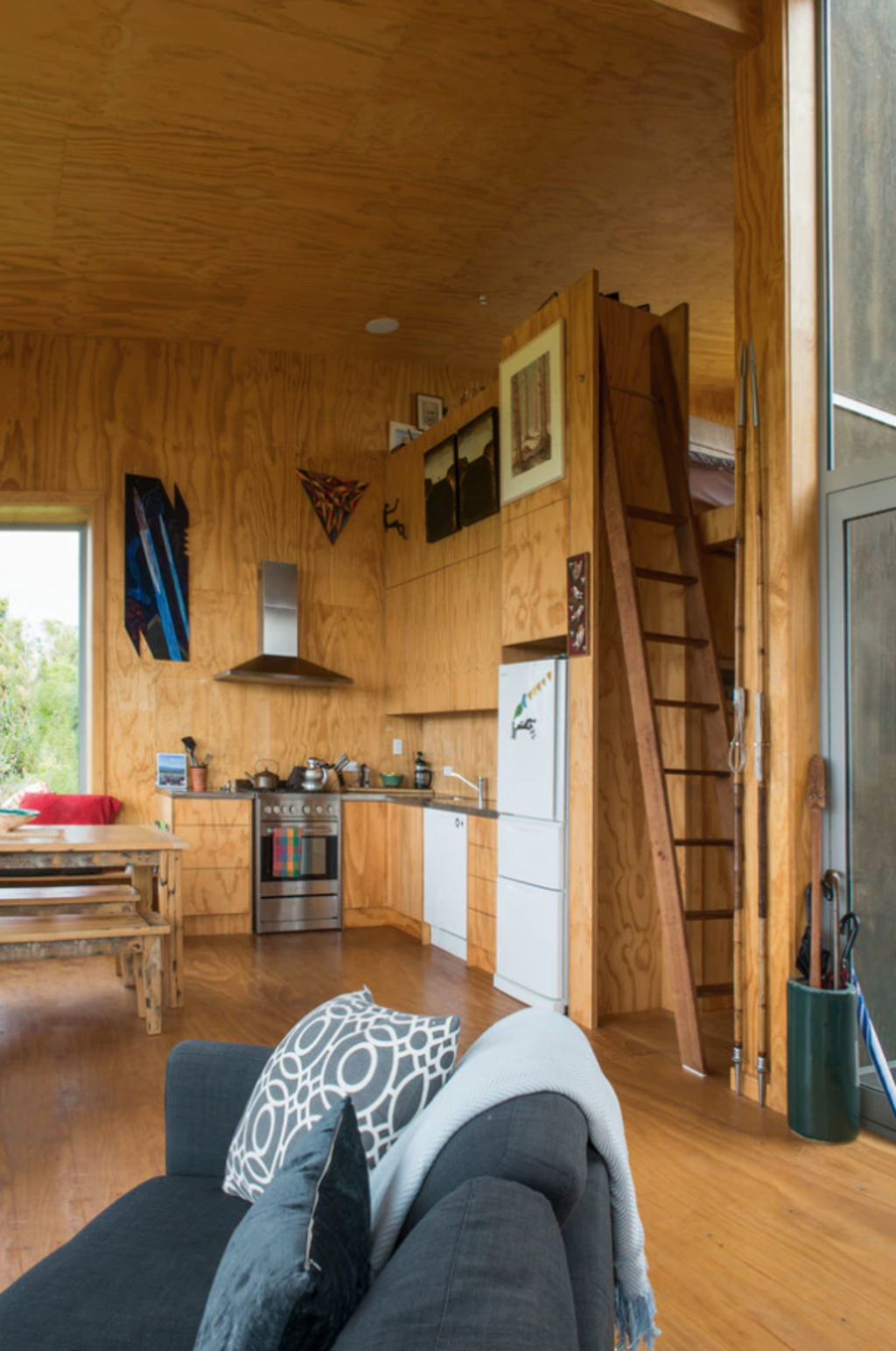
The interior, lined top-to-toe with untreated plywood, features an open-plan living area with a long bay window reminiscent of a surfboard, looking out to sea. There’s a bedroom downstairs, loft above and bathroom with a sliding door that allows bath time to be effectively alfresco. (Browne wanted to put the bath on tracks for a full outdoor experience but was derailed by the expense.)
But the piece de resistance is an enclosed atrium on the north corner. Open to the sky, the decked area around the front door has two barn-like doors that can be rolled away or secured, giving it the feel of a hill-top fortress.
“It’s Game of Thrones stuff,” says Browne, although protection in this case is from the elements, not marauding hordes. “We have some big winds coming through here. Campervans have been blown over by the nor’wests coming off the mountains.”
The sun’s power, however, is not shut out but harnessed. Two sets of solar panels, one angled for the summer sun and the other to catch the winter rays, provide about 4.6 kilowatts of energy. “It would have been about the same price to put power in up here, which helped make my decision,” says Browne, who uses gas to heat the water and recycles grey water for irrigation.

Energy-efficient LED lights have been installed throughout the house, which is wired for music. While he might not tap into the nation’s power supply, Browne is certainly not off the grid socially.
“I love sharing this place with friends and family,” says the father of two adult children, Luke and Niko. “The house has got great acoustics and the plywood is like a sprung dance floor. It marks a bit which gives it that lived-in feel, but you wouldn’t want a party here with a whole lot of high heels.”
The founder of a windsurf store and co-director of Cheapskates in Christchurch and Wanaka enjoys the local surf. “There’s a beautiful break five minutes away at Mangamaunu. That’s my sweet wave.” Other times he’s out at sea paddling his outrigger waka.
Mark, who plans to move here full-time in a year, is glad he resisted the temptation to build a bigger pad. Friends can crash on the sofas or pitch tents on the lawn. “We don’t have to do big and great. While this is quite flash, it’s just a square box and it’s off the grid. Some people tell me I should have sliding doors and a big deck out the front, but I’m used to living in caravans and tents.
“I don’t need a big deck. I want to step onto the land.”
For the Kaikōura boy come home, it’s an awesome place in the real sense of the word. “I spend a lot of time just standing looking out. Not a moment goes by when I’m not thankful to be here.”
- This story originally appeared on stuff.co.nz
We recommend
We thought you might like
States
Capital Cities
Capital Cities - Rentals
Popular Areas
Allhomes
More
- © 2025, CoStar Group Inc.
